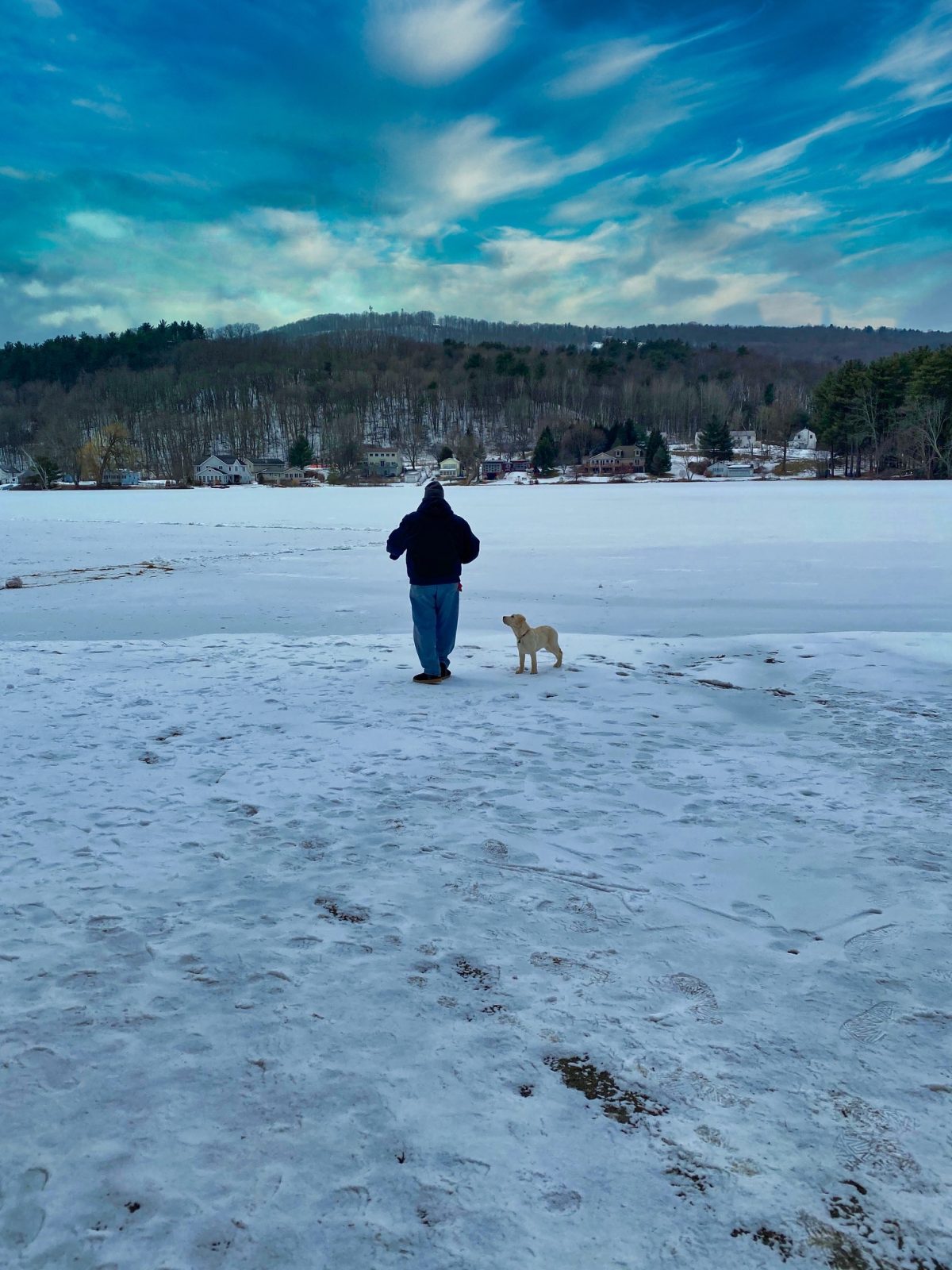As I look back on it now, I think I was a difficult, complicated and tortured soul who ached to be whole, but did not know how.
I always wanted a life that fulfilled me personally and permitted me to serve the world in some meaningful way. I didn’t know how to do that either.
When I was young, nobody taught me much of anything, and I didn’t care to learn much of anything.
This is a lethal combination when you put them both together.
My revelation came relatively late in life when I realized the only way I could be whole was if I became tough with reality. I didn’t care to own all that I felt and had done; I was just not brave enough to face that.
I needed to be older; when there was so much more time beyond me than ahead of me, I knew time was running out. So I did get fierce with reality.
A wise psychiatrist told me that the only way for anyone to become whole is “to put our arms lovingly around everything we know ourselves to be: self-serving and generous, spiteful and compassionate, cowardly and courageous, treacherous and trustworthy.”
If I could say, “I am all of the above, my shadow as well as my light,” then I could live more comfortably in my skin. And perhaps allow others to do the same.
You may have noticed those powerful men rarely if ever, can or do say that. And look what they are doing to our world.
I didn’t have to be a saint to be whole; I didn’t have to be perfect to do good and be kind. But I did have to face the truth about myself to embrace myself with what Parker Palmer calls “transformative love.”
I felt no one loved me, and I know I didn’t love myself. If I was to know love, that had to change, that was the problem.
To me, the world is a complex mix of shadow and light, or light and dark, or night and day. To be honest with myself was the hardest road, self-examination is a well-known source of human misery.
The Psychologist Erik Erikson, in his writings about adult development (yes, we develop too), argued that if we can’t accept all that we are and have done, we will age away from “integrity” and towards “despair.”
I chose integrity. I believed if I could know myself wholly and truthfully, then I could love myself. And if I could love myself, then I could love another, and another would love me.
This turned out to be true.
Parker Palmer writes in his lovely book “On The Brink Of Everything” that if we are willing to move through the pain of sincere self-examination toward “the grace of compassionate self-acceptance,” the rewards are great.
I see that many men struggle with this idea, shamelessly projecting their own faces onto the endless stream of demonic “others.”
If I can accept the diversity inside of me, I can be more accepting of others who are no better or worse or broken than I am, and I could be better able to live as a life-giver than a life-taker.
(Photo by Maria Wulf)


Thank you for sharing your insights Jon.
Re: “I needed to be older; when there was so much more time beyond me than ahead of me, I knew time was running out. So I did get fierce with reality.”
Do you mean to say: “when there was so much more time BEHIND me…”?